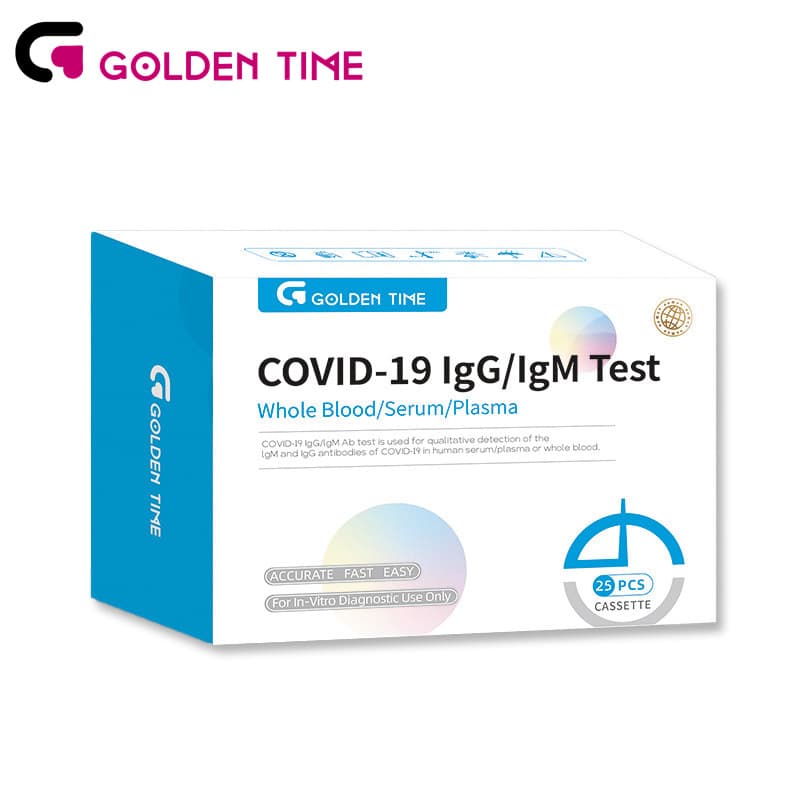8 月 . 16, 2024 09:04 Back to list
Finding Reliable Suppliers for Syphilis STD Testing Solutions and Services in Your Area
Understanding Syphilis Testing Selecting the Right Supplier
Syphilis, a sexually transmitted infection (STI) caused by the bacterium *Treponema pallidum*, remains a significant public health concern worldwide. Early diagnosis and treatment are crucial in controlling the spread of the infection and preventing severe health complications. Hence, reliable syphilis testing is paramount. This article addresses the importance of selecting a reputable supplier for syphilis STD tests, the types of tests available, and factors to consider when choosing a supplier.
The Importance of Syphilis Testing
Syphilis is often referred to as the great imitator because its symptoms can mimic those of other diseases. It progresses through stages primary, secondary, latent, and tertiary, with each stage presenting distinct symptoms. Testing is essential, especially since many individuals may remain asymptomatic for years. Without timely intervention, syphilis can lead to severe health issues, including neurological damage, cardiovascular problems, and increased risk of HIV.
Routine testing, particularly for high-risk populations, is vital for early detection. The Centers for Disease Control and Prevention (CDC) recommends that sexually active individuals, especially those with multiple partners or other STIs, undergo regular syphilis testing.
Types of Syphilis Tests
There are two main types of syphilis tests non-treponemal and treponemal tests. Non-treponemal tests, such as the Rapid Plasma Reagin (RPR) and Venereal Disease Research Laboratory (VDRL) tests, are typically used for screening. They measure the antibodies that the body produces in response to *Treponema pallidum* infection.
Treponemal tests, including the Enzyme Immunoassay (EIA) and the Fluorescent Treponemal Antibody Absorption (FTA-ABS) test, are used to confirm the presence of the bacteria. They detect antibodies that are specific to *Treponema pallidum*. Together, these tests provide a comprehensive overview of a person's syphilis status.
Choosing the Right Supplier
syphilis std test supplier

With the rise in demand for syphilis testing, numerous suppliers offer kits and testing solutions. Selecting the right supplier is crucial to ensure accuracy, reliability, and timely results. Here are several factors to consider when evaluating potential suppliers
1. Accreditation and Compliance Ensure that the supplier complies with regulations set forth by relevant health authorities, such as the Food and Drug Administration (FDA) in the United States. Accredited suppliers demonstrate adherence to quality and safety standards.
2. Quality of Tests Look for suppliers that provide tests with high sensitivity and specificity. This means the tests accurately detect infections while minimizing false positives and false negatives. Independent validation studies or testimonials can provide insight into test reliability.
3. Product Range A reputable supplier should offer a wide range of testing options, catering to different needs. This can include rapid tests for immediate results or more comprehensive laboratory tests.
4. Customer Support Choose a supplier that offers robust customer service. This includes assistance with ordering, troubleshooting, and providing clear instructions for testing procedures. Good communication is vital for successful partnerships.
5. Cost and Accessibility Consider the pricing structure and whether the supplier offers competitive rates without sacrificing quality. Additionally, assess their logistics and delivery timelines to ensure that tests can be provided promptly when needed.
6. Education and Training Resources Suppliers should also provide educational resources and training for healthcare providers on administering tests and interpreting results. This can enhance the overall quality of care for patients being tested.
Conclusion
Selecting the right supplier for syphilis STD tests is a critical decision for healthcare providers and public health organizations. By ensuring the accuracy and reliability of tests, they can facilitate early detection and treatment, ultimately contributing to better health outcomes and reducing the spread of syphilis. Committing to quality testing not only enhances patient care but also plays a vital role in protecting public health.
-
Early Pregnancy Test Kits Accurate & Fast Results Bulk Order Now
NewsMay.30,2025
-
Buy OPK Tests for Pregnancy Detection Bulk Supplier Discounts
NewsMay.30,2025
-
Buy OPK Tests for Pregnancy Detection Bulk Supplier Discounts
NewsMay.30,2025
-
Best At Home H Pylori Test Kits Accurate, Fast & FDA-Certified
NewsMay.29,2025
-
Accurate Syphilis Test Kits Trusted Suppliers & Manufacturers
NewsMay.29,2025
-
Wholesale Stool Occult Blood Test Kits Bulk Supplier Pricing
NewsMay.29,2025

